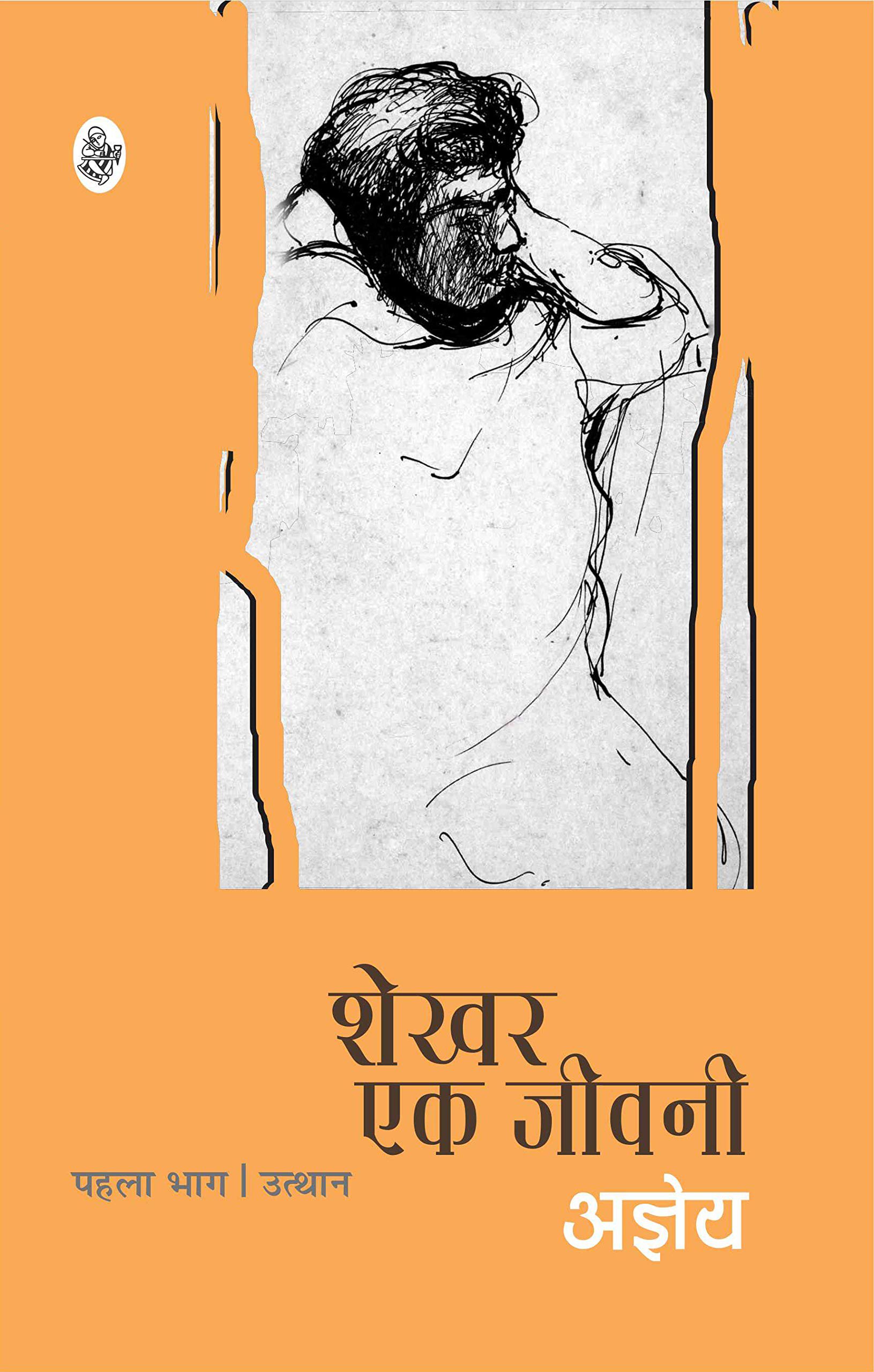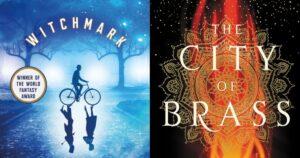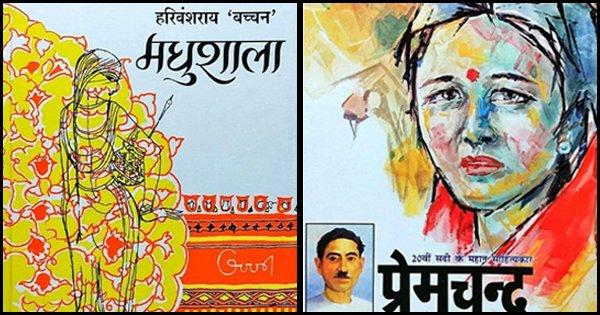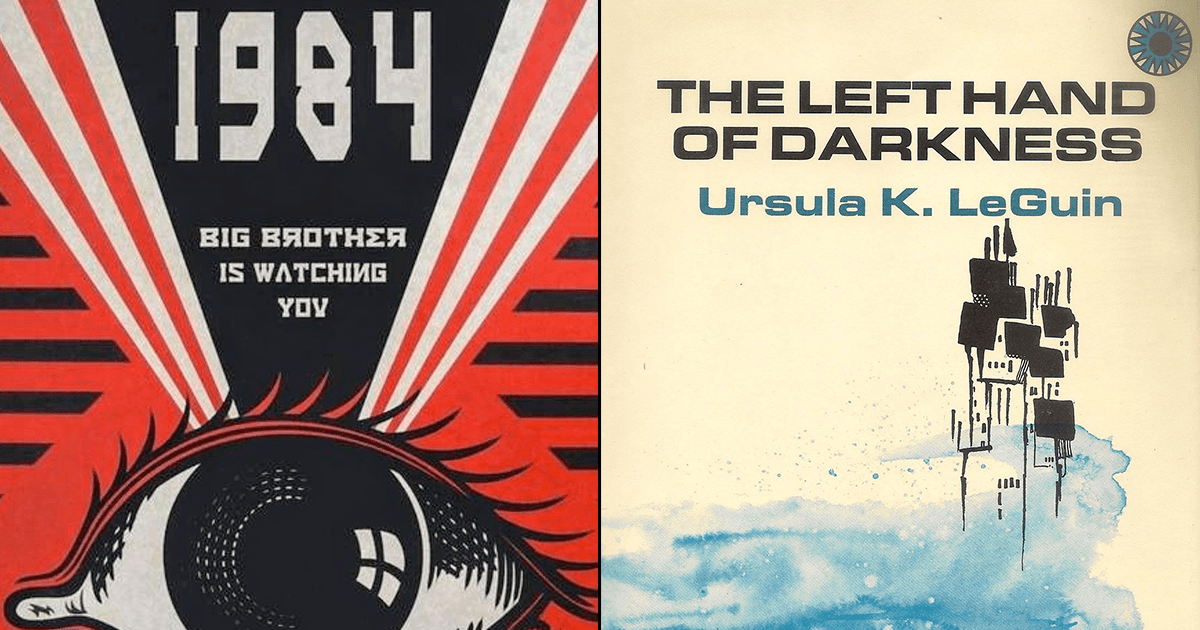If you are bored of watching digital content in this lockdown and are planning to read books, and if you haven’t read Hindi literature, this is the time you should totally give it a try.
1. Gunaho Ka Devta by Dharamvir Bharati
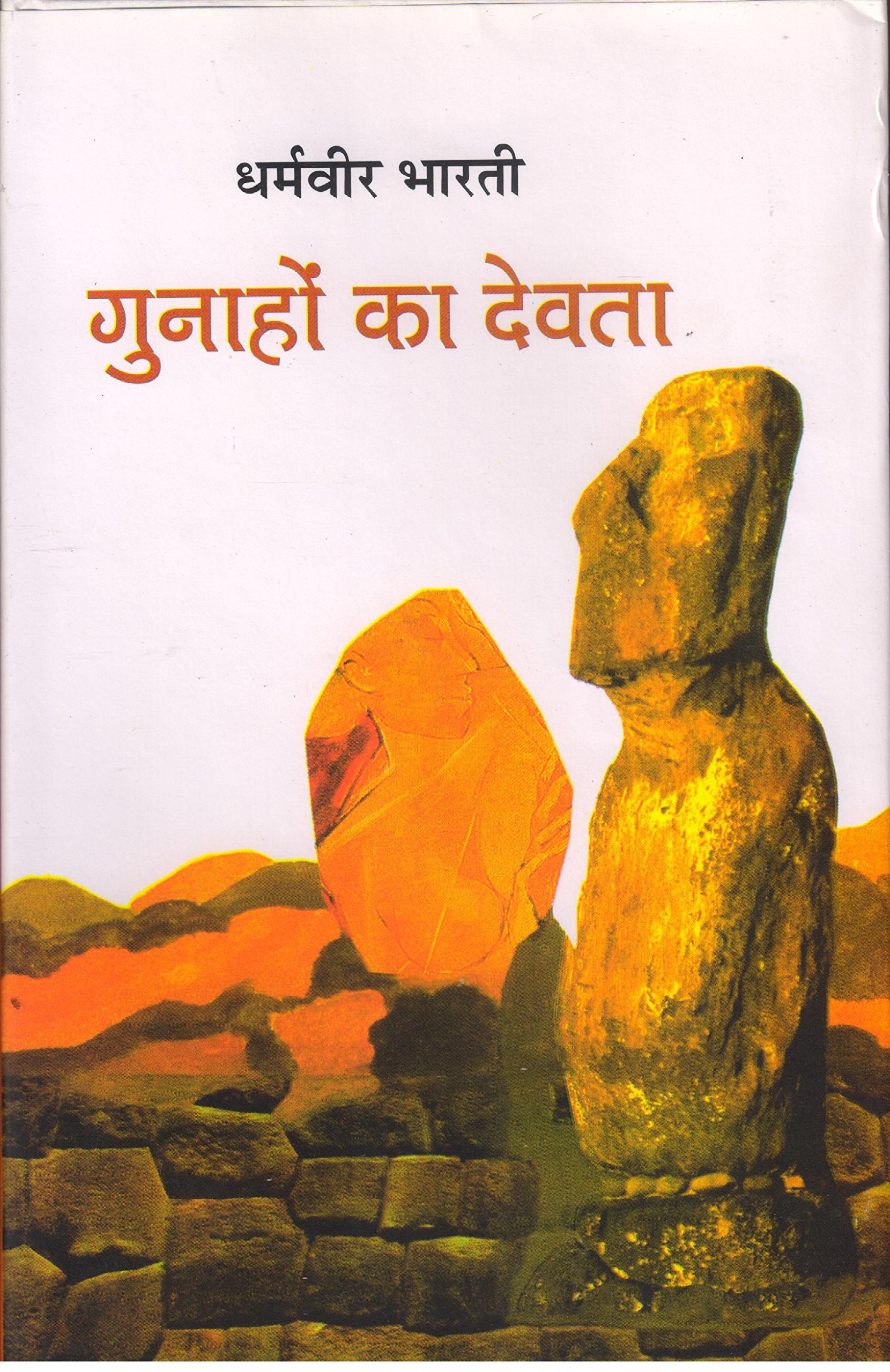
2. Kitne Pakistan by Kamleshwar
Kitne Pakistan is a must-read if you want to know more about ‘partitions’ around the world.
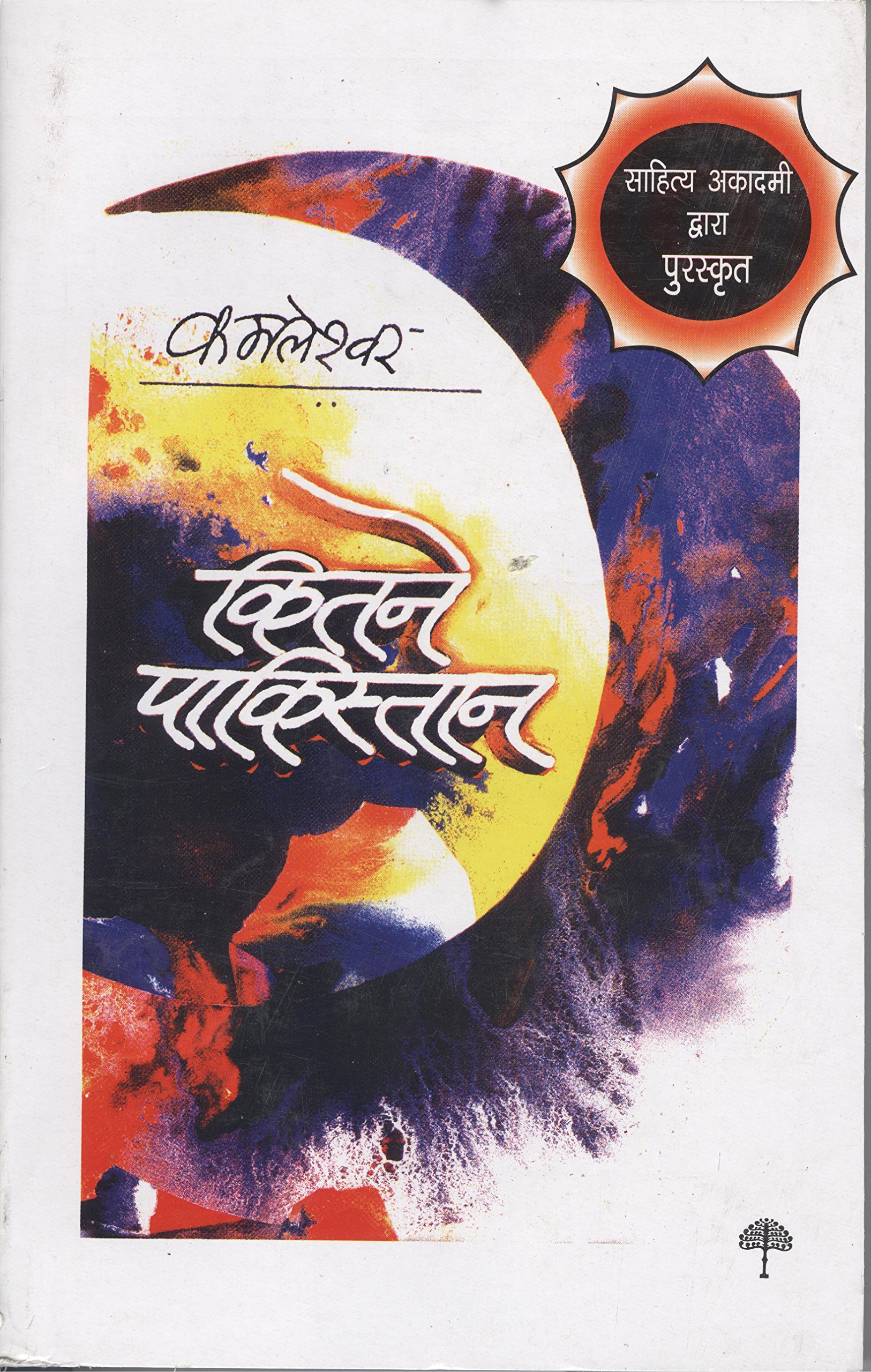
3. Kashi Ka Assi by Kashinath Singh
Kashi Ka Assi has five stories related to the Assi ghat and Varanasi. These stories refer to the political and social system of the 1990s, but they are also accurate from today’s perspective. The language of this book enhances the beauty of the stories.
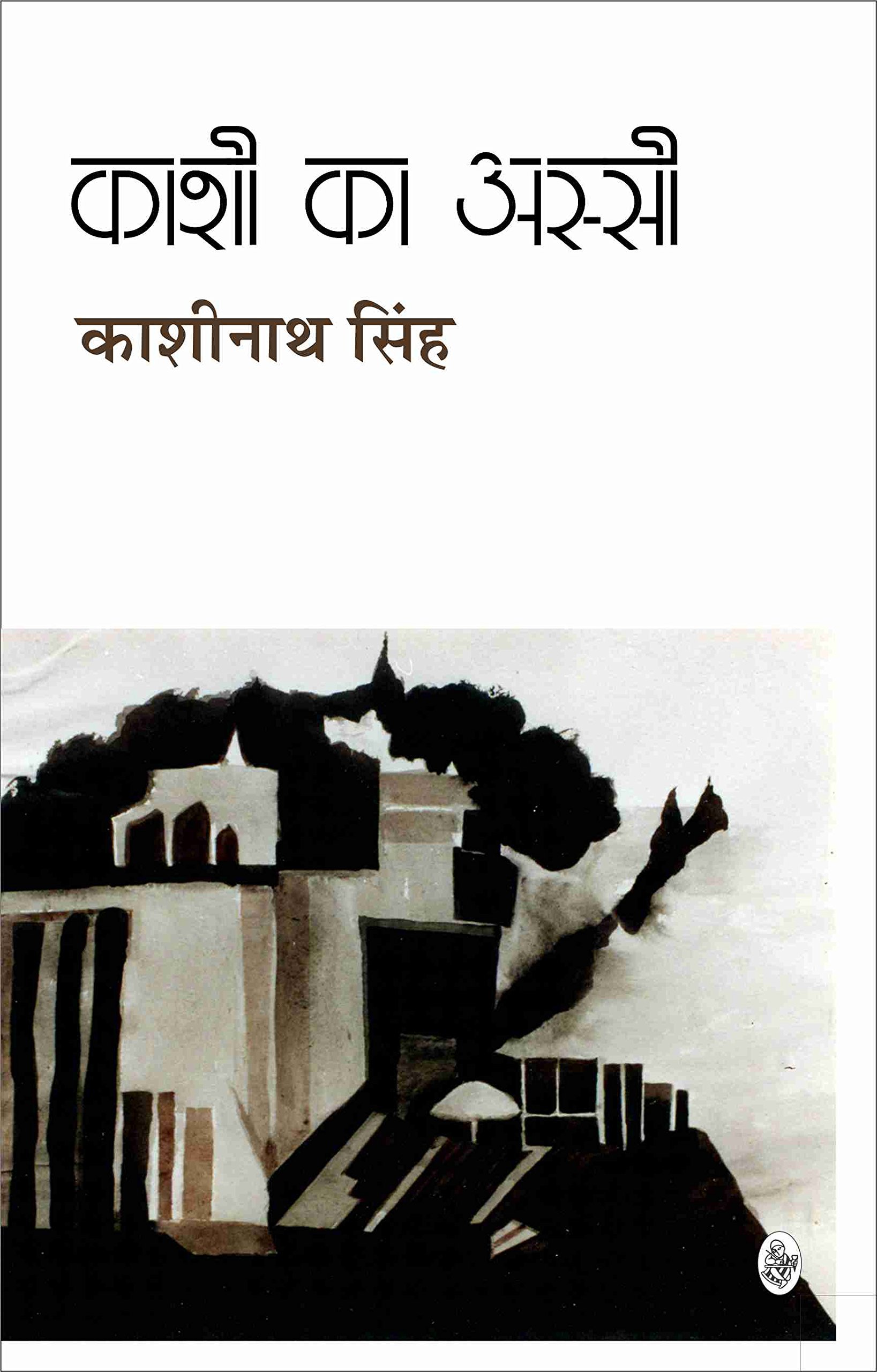
Check Out – best hindi literature books
4. Maila Aanchal by Phanishwar Nath ‘Renu’
Maila Aanchal is one of the most significant novels in Hindi literature. It is also one of the greatest examples of Anchalik Upanyas (regional novel) in Hindi.
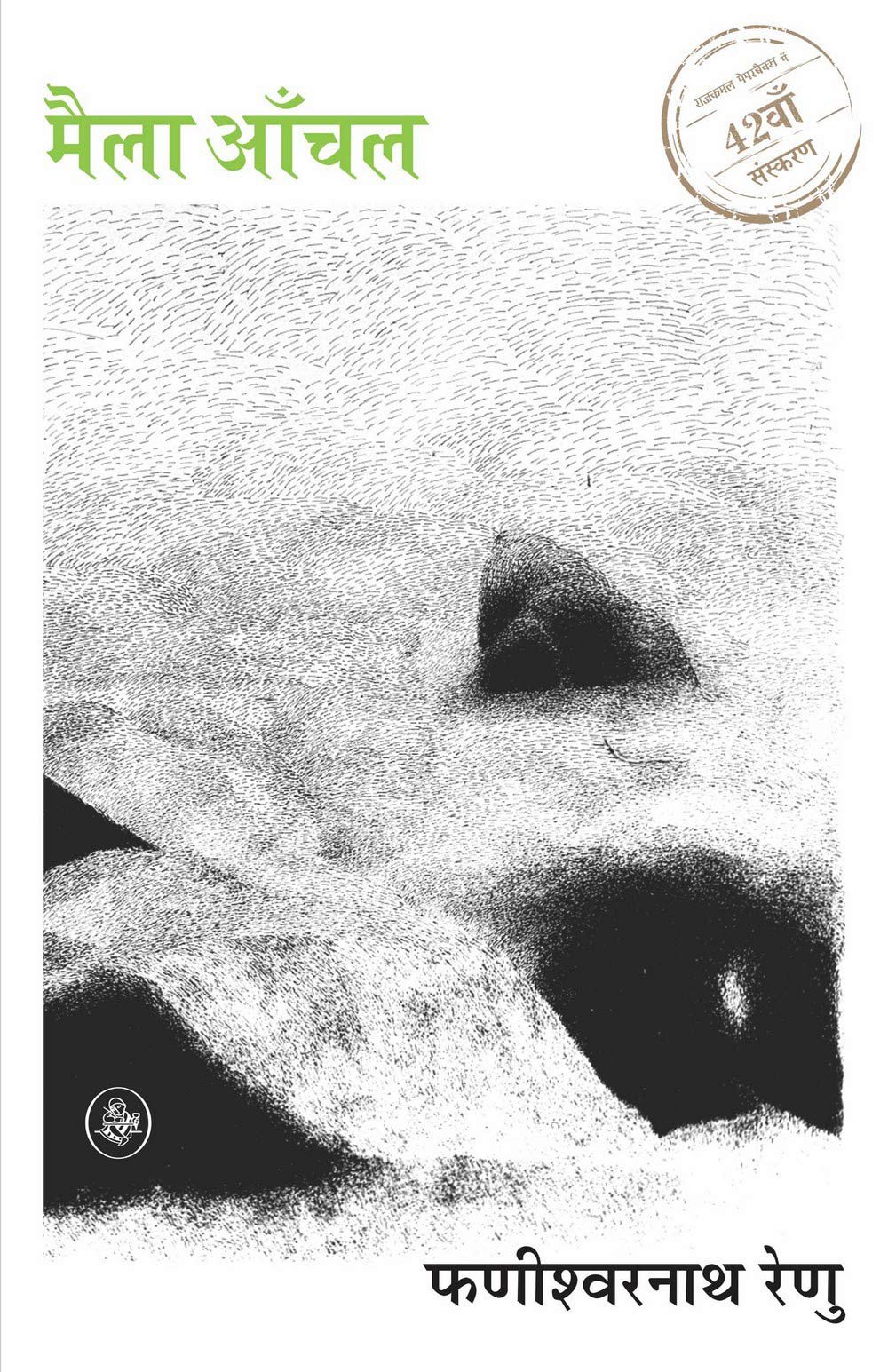
5. Aapka Bunti by Mannu Bhandari
This is the story of a 9-year-old Bunty. He is dealing with the divorce of his parents. The book gives a poignant description of how a small child fights against things like these odds from his limited worldview.
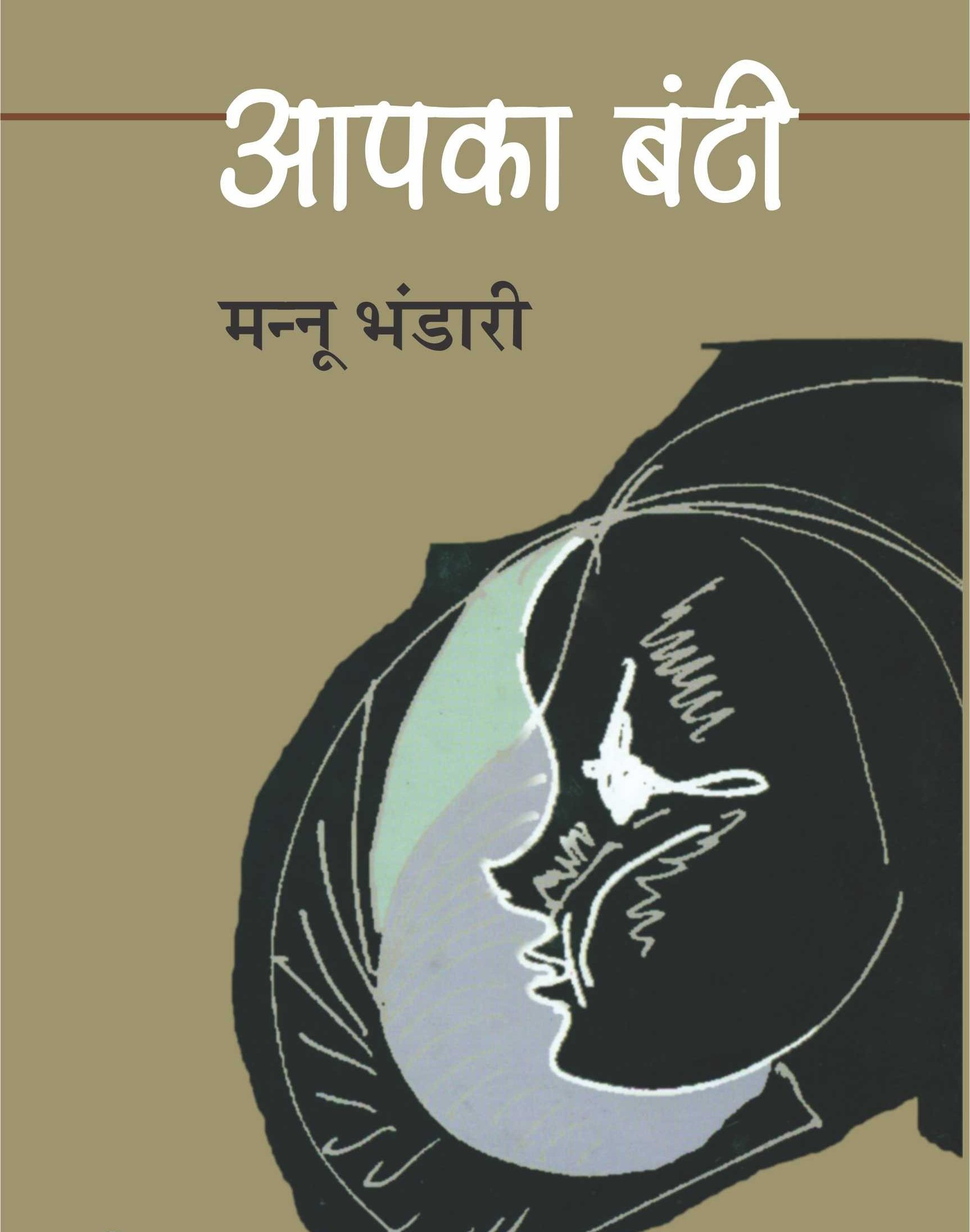
6. Rag Darbari by Shrilal Shukla
If you want to read a satire, pick Rag Darbari. It is a novel that exposes the valuelessness of modern Indian life, through the narrative of the village. How a man uses the village school, the village panchayat and the local government offices for his political purpose.
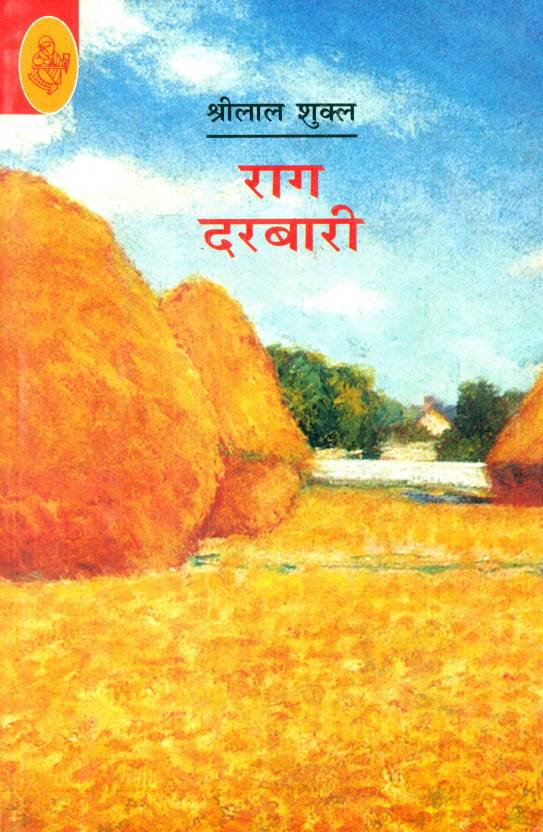
7. Nirmala by Munshi Premchand
Premchand needs no introduction, his work is considered the best of Hindi literature. Nirmala is a story of a young girl who was is married to a middle-aged man. The poignant story of mismatched marriage and dowry system, this novel has a special place in the history of women-centered literature.
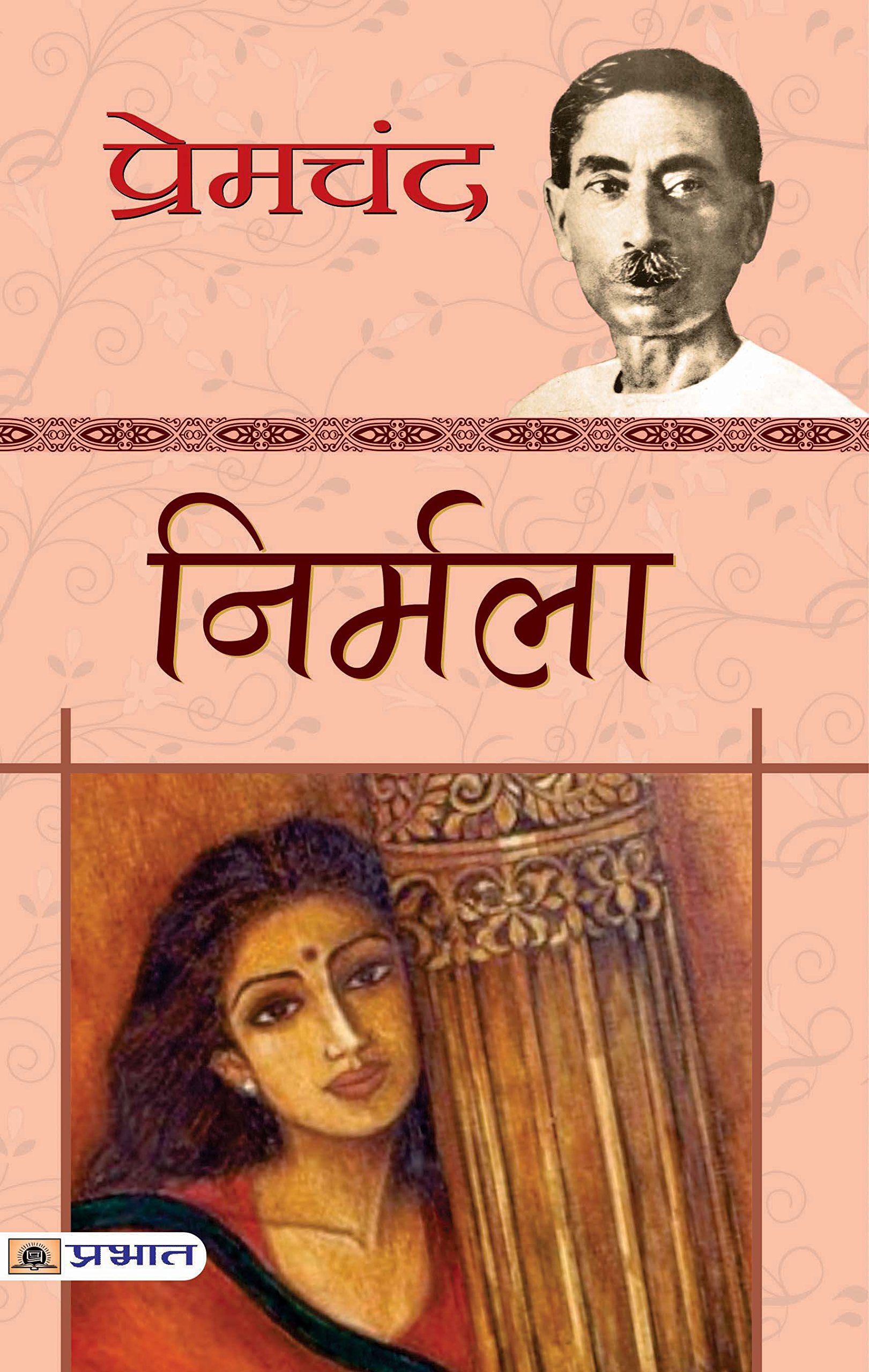
8. Volga Se Ganga by Rahul Sankrityayan
Rahul is called the Father of Indian Travelogues. Volga Se Ganga is a collection of 20 historical fiction short stories. This book begins in 6000 BC and ends in 1942 which means these stories travel over a span of 8000 years and a distance of about 10,000 km.
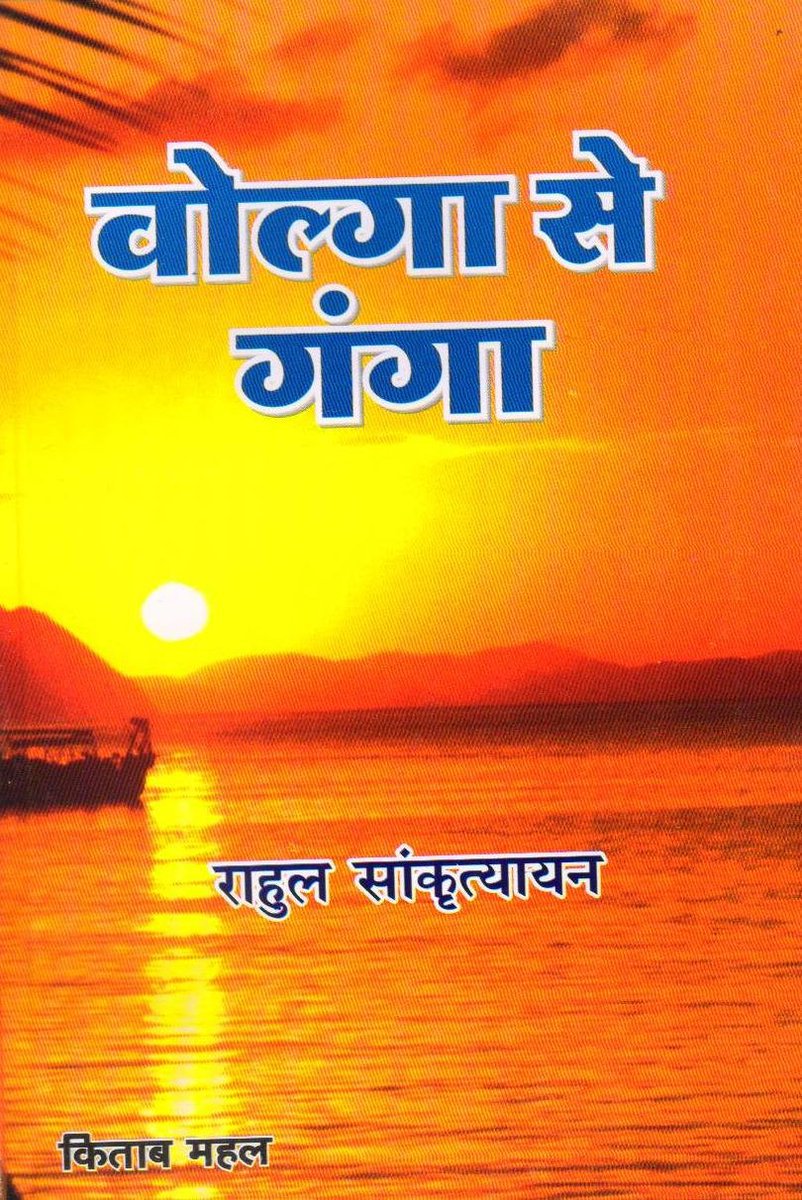
9. Pinjar by Amrita Pritam
Pinjar tells the journey of a girl, Puro, abducted by a man, Rashid. When she runs away from Rashid’s house to her parents, they refuse to take her back because she was considered impure/profane for them. Pinjar is considered one of the best literature written against the backdrop of Partition of India.
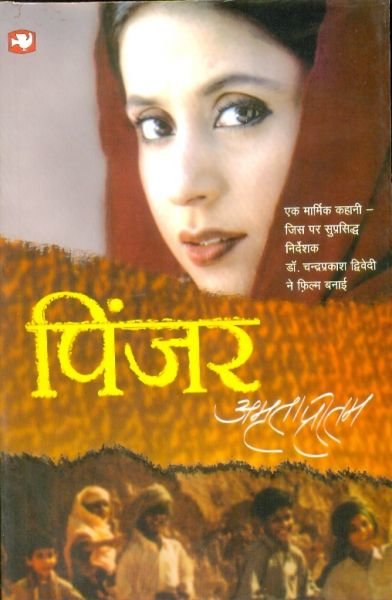
10. Tamas by Bhisham Sahni
Tamas is a novel woven around a story that happens over five days. Tamas is an important novel portraying the ruthless and sordid narrative of our social mindset before the partition of the country and the horrific communal riots that occured as an inevitable outcome.
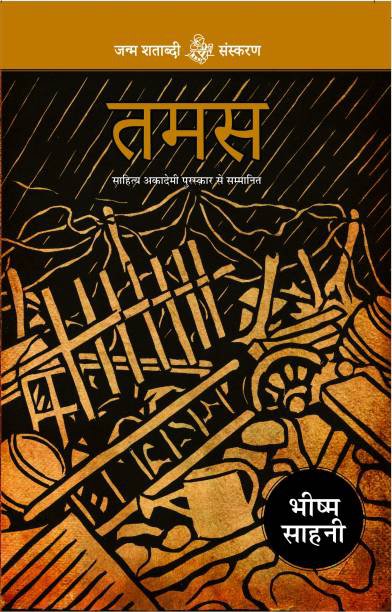
11. Poocho Parsai se by Harishankar Parsai
Poocho Parsai se is a one of its kind unique piece of literature. Though this book is a total satire, it is also very informative. You will find answers to many question from diverse topic like world, diplomacy, politics, policies etc. albeit through satire.
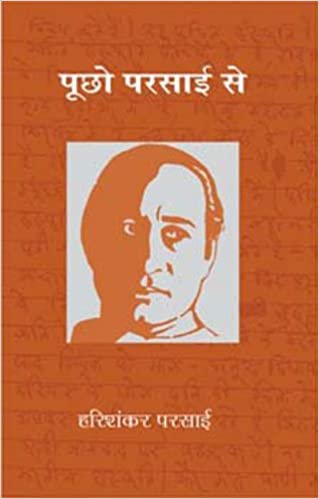
12. Ashadh Ka Ek Din by Mohan Rakesh
Ashadh Ka Ek Din is considered the first Modern Hindi play. The plot of the play revolves around Kalidas and his lover Mallika. This play is euphoric and the complexity of the love will hit you when you expect it the least.
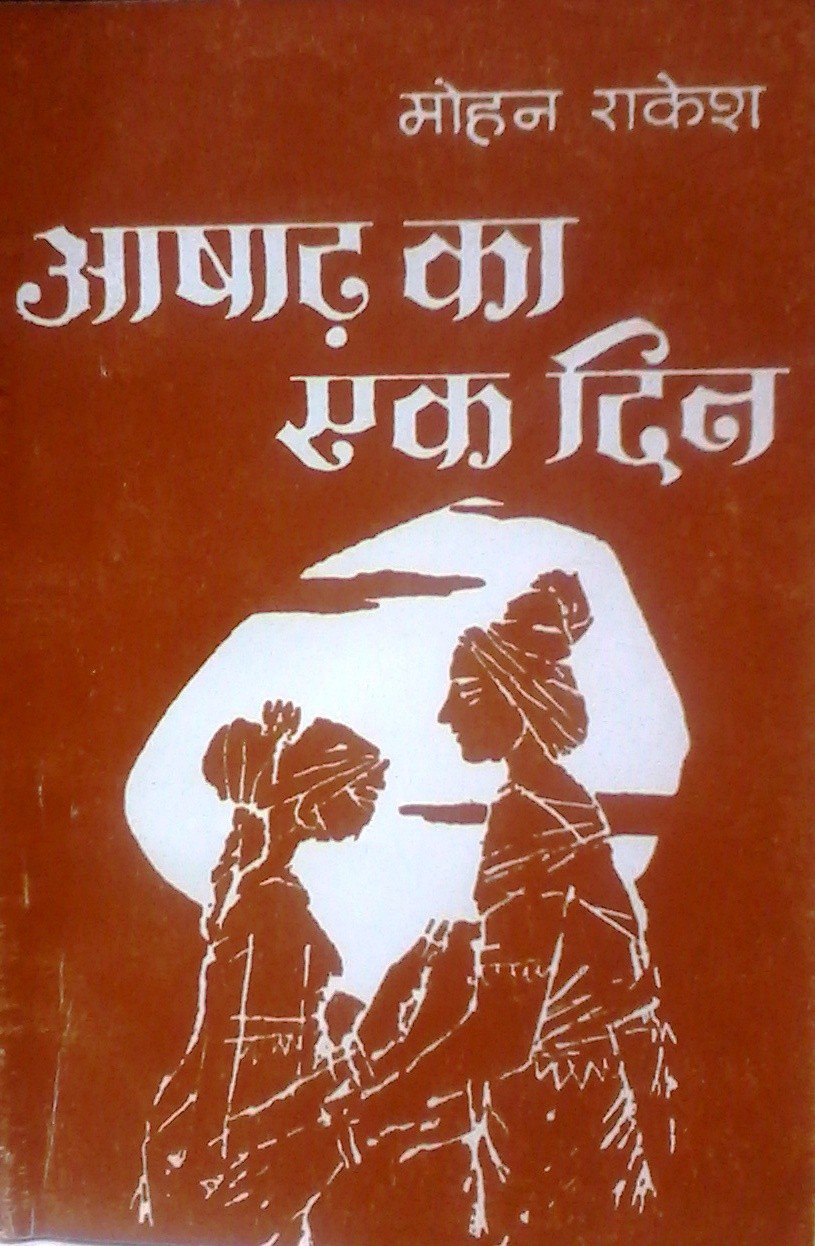
13. Topi Shukla by Rahi Masoom Raza
Topi Shukla is a story about two children belonging to different religions. This story depicts the love between a child and an old grandmother and shows how hatred has been filled in people’s minds on the basis of religion. This story was written in 1969, but remains accurate even today.
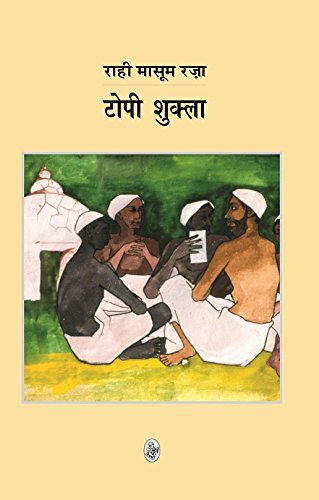
14. Joothan by Om Prakash Valmiki
Joothan is an autobiography of Om Prakash Valmiki. If you want to know about the caste system in detail and how society deals with people of one particular section, then Joothan is a must-read. The lead actor of Article 15 Ayushman Khurana has said in an interview that in order to prepare for this role, he read the book Joothan and he couldn’t sleep for several nights.
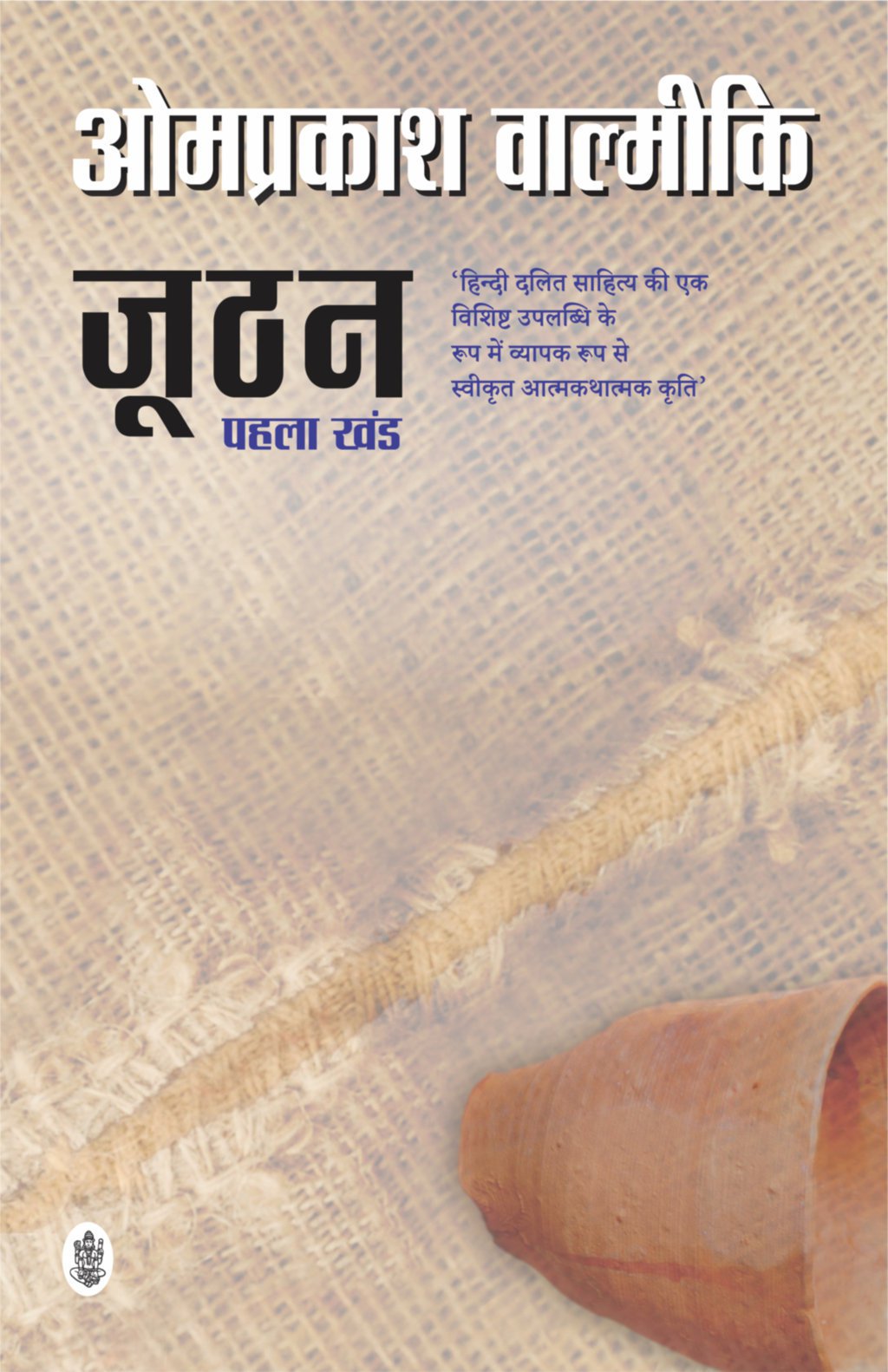
15. Shekhar: Ek Jeevani by Sachchidananda Hirananda Vatsyayan ‘Agyeya’
This ‘incomplete’ trilogy is in two parts with an unpublished third part. The beauty of this book is how Agyeya narrates the story. This book is about a complex personality and his experiences in a brutally honest tone.
